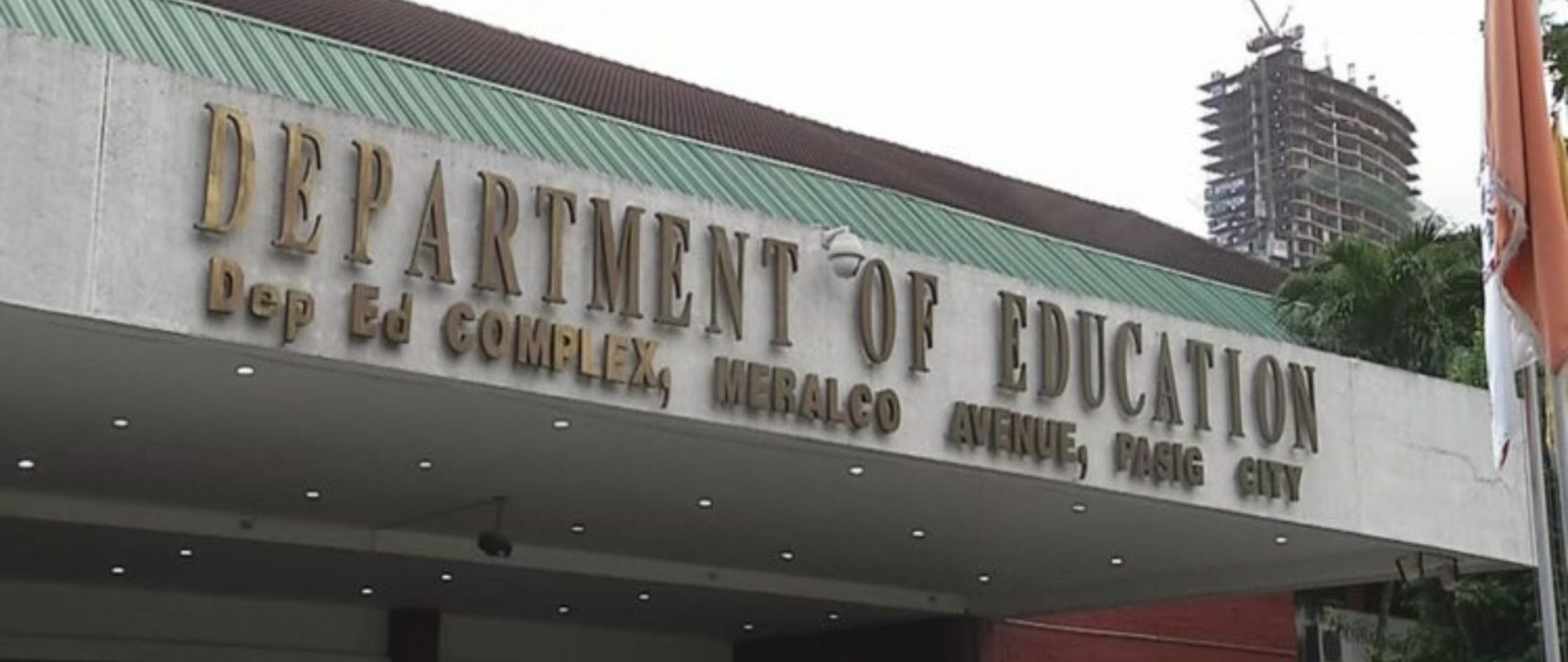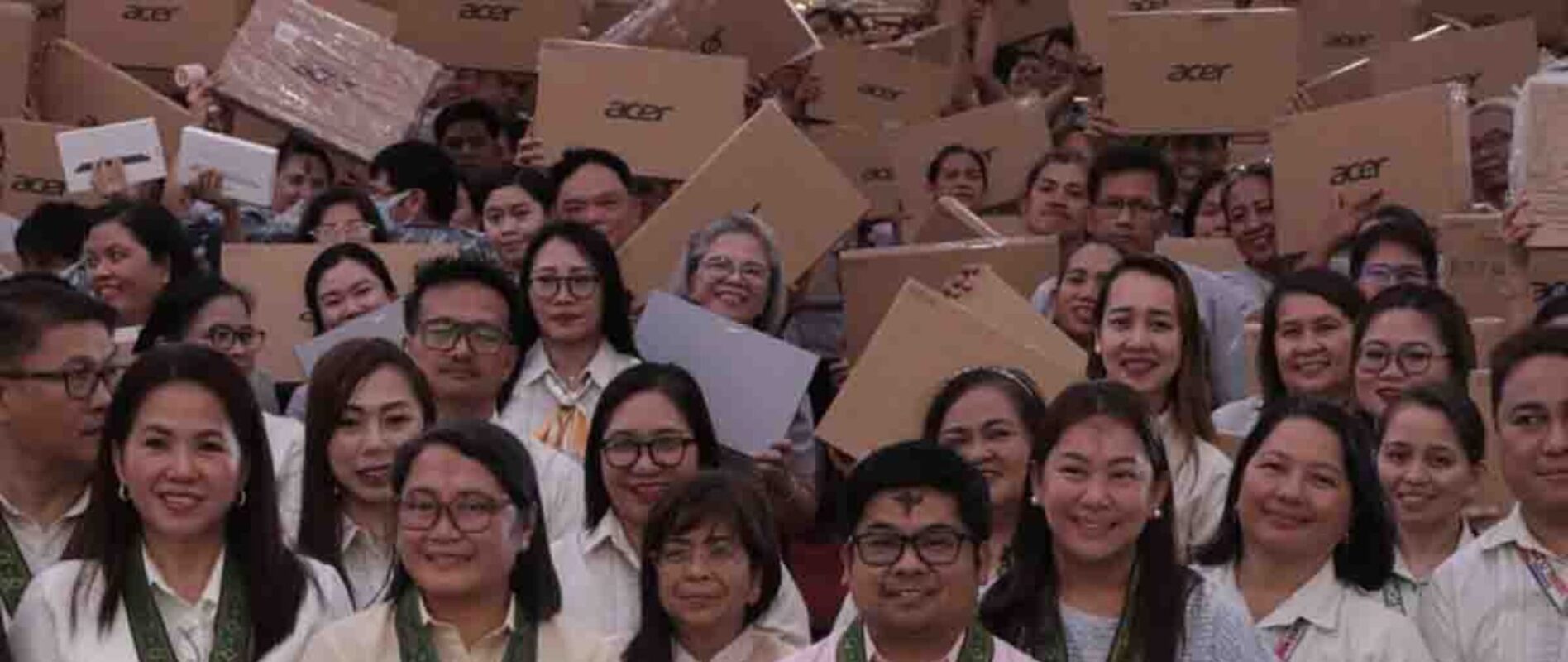DEPED FLAGS URGENT NEED TO SUPPORT 3 MILLION STUDENTS STRUGGLING WITH LEARNING GAPS
AN ESTIMATED three million students across the country are in need of academic support due to significant learning gaps, according to an assessment by the Department of Education (DepEd).
The revelation comes on the heels of a Philippine Statistics Authority (PSA) report that showed 5.58 million high school graduates are considered “functionally illiterate,” struggling with basic comprehension and understanding.
“There are expected learning outcomes that students must reach. If they fall short of those expectations, that creates a learning gap,” said DepEd Undersecretary Gina Gonong in an interview with Super Radyo dzBB. “There are many causes behind these gaps, which is why teachers and parents must work together to help students acquire the knowledge and skills they need.”
Gonong admitted that addressing these issues remains a long journey. “We still have a long way to go to fully support our learners.”
To bridge these learning deficits, DepEd is implementing the Academic Recovery and Learning (ARAL) Program, mandated under Republic Act 12028 signed into law by President Ferdinand Marcos Jr. in October 2024.
The ARAL Program targets:
Learners returning to school after an extended absence;
Those performing below minimum proficiency levels in reading, math, and science;
Students consistently failing exams and assessments during the school year.
“This school year, we’re rolling out the ARAL Program covering reading and math for Grades 1 to 10, and science for Grades 3 to 10,” Gonong said.
Under the program, students undergo evaluations to determine their need for additional learning support. Based on the results, they may be enrolled in tutorial sessions—held for up to one hour daily on weekdays, or two hours during weekends.
DepEd is tapping a broad pool of qualified educators to deliver these tutorials. “Applicants include licensed teachers, educators from private schools, and even competent pre-service teachers,” Gonong explained.
Public schools will offer the ARAL Program at no cost. However, Gonong acknowledged that implementation may be challenging in some communities.
“Even if we say it’s mandatory, there are instances where parents don’t allow their children to join. We need to engage them, explain the program, and advocate for its importance,” she said.














